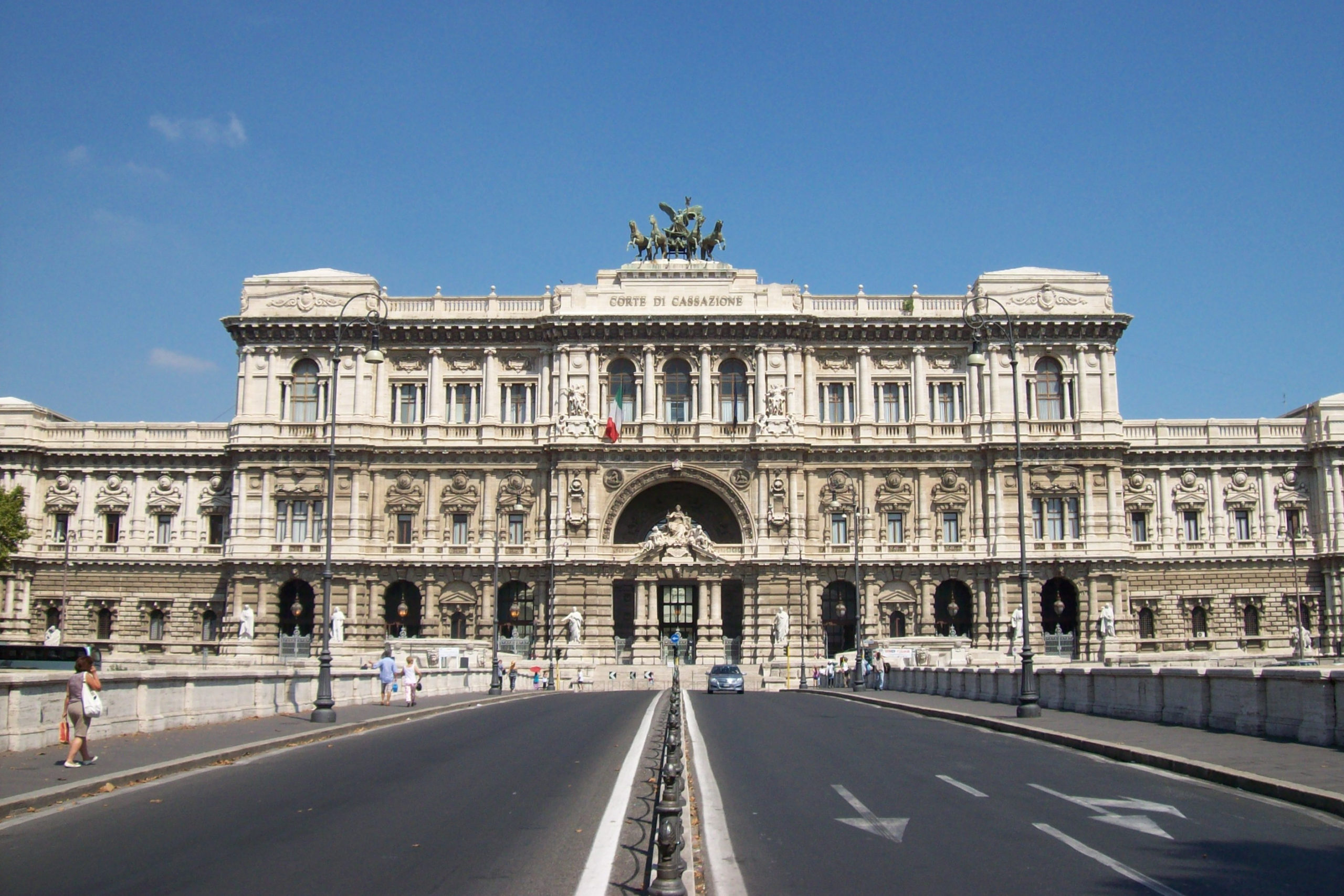The Right to the Truth between Legality and Morality: Truth Commissions’ Experiences from Colombia and Tunisia
The Right to the Truth between Legality and Morality: Truth Commissions’ Experiences from Colombia and Tunisia
a cura di Martina Caslini vincitrice, per la categoria “Neolaureati”, del Premio di Studio Federico Baffi – II edizione – indetto da ELSA Italia
Il file integrale della tesi è disponibile QUI
Abstract
During the last decades, the right to truth has emerged impetuously and captured a growing interest from all over the world. Therefore, its affirmation at the international level requires timely attention, as do recent supranational court case law developments. Representing a cornerstone of transitional justice processes, this concept has contributed to unveiling past abuses in societies experiencing conflicts or dictatorships and has played a vital role in preventing the atrocities’ recurrence. It has been recently articulated as victims’ fundamental prerogative in case of severe breaches of human rights and humanitarian law, stemming from the human demand to know what happened amidst systematic silence and denial. This thesis addresses the abovementioned issues, albeit there is no denying that the most innovative part of the project, enriched by unpublished documents of the International Center for Transitional Justice and interviews with worldwide experts, is represented by a careful study of truth commissions, namely non-judicial bodies whose activity could successfully fulfil the right to truth.
Specifically, after having illustrated landmark academic literature, I argue that, given the absence of an autonomous model of truth commissions, their peculiarities and methodology have different repercussions on the contribution to the right to truth. In order to provide answers to my research question, I consider two recent case studies, analysing them from a comparative perspective. First, the ongoing Comisión para el Esclarecimiento de la Verdad, la Convivencia y la No repetición, which was envisaged in the 2016 Peace Accords between the Colombian Government and the FARC. Secondly, the Instance Vérité et Dignité, operating in Tunisia since 2016 and recently dismantled.
Not only has the right to truth been conceived as a valuable instrument to counter impunity, but also been deemed a fundamental pillar accompanying the road towards peace and democracy. As it emerges throughout the pages, it rises in the face of denialism and silences, giving voice to victims’ intimate and fundamental demands: to have their dignity recognised. This eminently human need goes beyond a merely legal dimension of a right and underlines the moral necessity of continuously affirming the rule of law’s intrinsic values.




